Blog Post - Are monstera plants toxic to cats
Introduction
Are you a proud cat owner who also loves having indoor plants? Many people find joy in having both furry friends and greenery in their homes. However, it is important to ensure that the plants we choose are safe for our pets. In this article, we will explore the topic of monstera plants and their potential toxicity to cats, providing you with the information you need to keep your feline friends safe and healthy.
Monstera Plant Overview

Let's start by getting to know monstera plants. These tropical plants, also known as Swiss cheese plants, are native to the rainforests of Central America. With their large, unique leaves and vine-like growth, monstera plants have gained immense popularity as houseplants in recent years. They bring a touch of exotic beauty to any indoor space and are known for their ability to thrive in low-light conditions.
Cat Safety Concerns

While monstera plants are loved for their striking appearance, it is essential to be aware of the potential risks they pose to our beloved cats. Cats, especially curious kittens, have a natural tendency to explore and chew on anything that catches their attention, including plants. Unfortunately, many houseplants can be toxic to our feline companions, causing a range of health issues, from mild digestive discomfort to more severe complications.
Toxicity of Monstera Plants

When it comes to monstera plants, their toxicity lies in the specific components they contain. The leaves and stems of monstera plants contain insoluble calcium oxalate crystals. When ingested by cats, these crystals can irritate the mouth, throat, and digestive system, leading to symptoms such as drooling, vomiting, and difficulty swallowing. In some cases, severe reactions may occur, including swelling of the tongue and throat, which can become life-threatening if not promptly treated.
Scientific Studies and Expert Opinions
To better understand the potential toxicity of monstera plants to cats, several scientific studies have been conducted. These studies explore the effects of calcium oxalate crystals and their interactions with the feline body. Veterinary experts, including experienced veterinarians and professionals in the field, have also provided their insights and opinions. It is crucial to rely on this wealth of information to make informed decisions about the safety of our pets.
Symptoms of Monstera Plant Toxicity in Cats
If your cat ingests parts of a monstera plant, several symptoms may indicate plant toxicity. These symptoms include excessive drooling or salivation, pawing at the mouth, vomiting, and difficulty swallowing. In severe cases, you may notice swelling of the tongue or difficulty breathing. Prompt recognition and action are key to ensuring your cat's well-being and preventing further complications.
Preventing Toxicity and Protecting Cats

Prevention is always better than cure when it comes to protecting our cats from the potential toxicity of monstera plants. Here are some tips to help keep your feline friends safe:
-
Keep plants out of reach: Place your monstera plants in areas inaccessible to your cats, such as on high shelves or in hanging baskets. This will prevent the temptation for your cat to chew on the leaves or stems.
-
Create barriers: Use plant barriers or deterrents to keep your cat away from the plants. This can be as simple as placing a baby gate or a wire mesh around the plant to prevent access.
-
Provide alternatives: Offer your cat alternative non-toxic houseplants, such as cat grass or catnip, to redirect their chewing behavior.
-
Pet-proofing your home: Ensure that your home is a safe environment for your cat by removing any toxic plants or substances that can harm them. Regularly inspect your indoor spaces to identify and address any potential hazards.
What to Do if Your Cat Ingests Monstera Plants
If you suspect your cat has ingested parts of a monstera plant and is showing signs of toxicity, it is crucial to take immediate action. Follow these steps:
-
Contact your veterinarian: Call your veterinarian or an emergency veterinary clinic for guidance. They can provide specific instructions based on the severity of your cat's symptoms.
-
Observe and monitor: Keep a close eye on your cat's behavior, noting any changes or worsening symptoms. This information will be valuable for the vet.
-
Avoid home treatments: While it is tempting to try home remedies or treatments, it is essential to seek professional veterinary advice. Home treatments can potentially worsen the situation or delay proper medical care.
Conclusion
In conclusion, monstera plants can pose a potential risk to our feline friends. It is crucial to prioritize the safety of our pets by being aware of the potential toxicity of certain houseplants. By understanding the dangers and taking appropriate precautions, we can create a safe and harmonious environment for both our cats and our beloved indoor greenery. Share this information with other cat owners to spread awareness and help protect our furry companions.

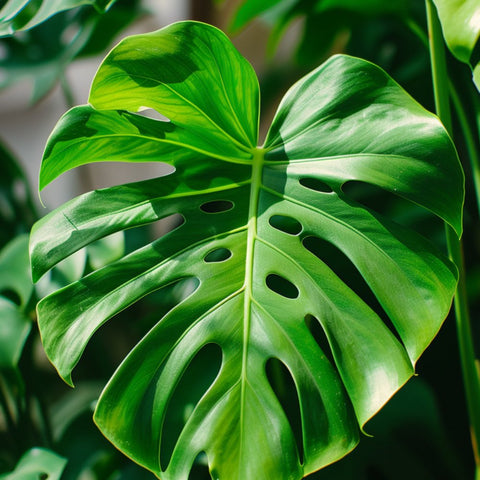

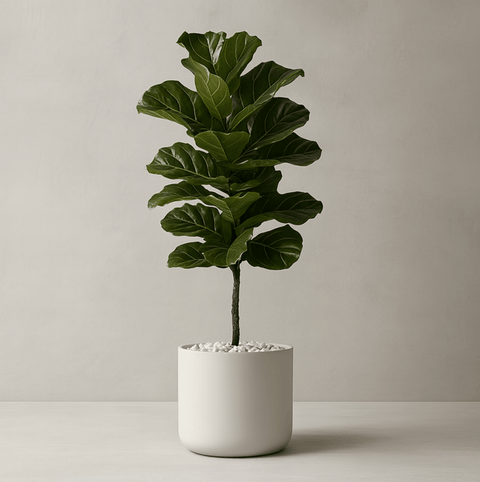
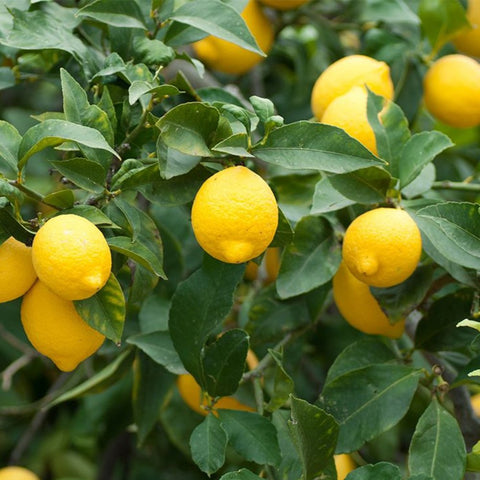
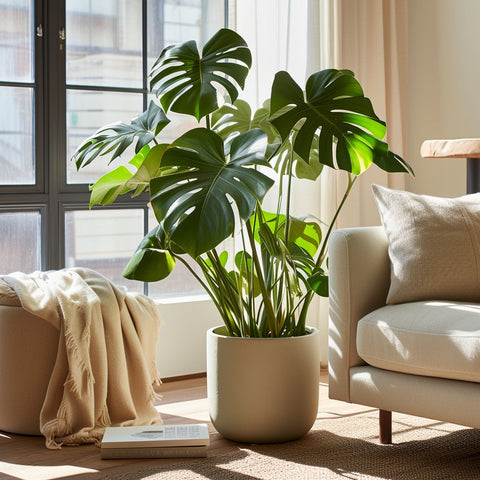
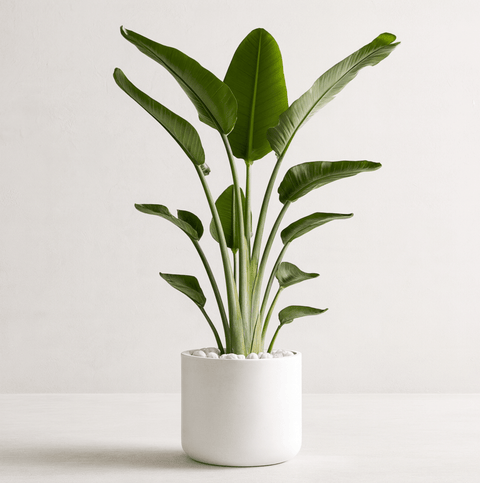
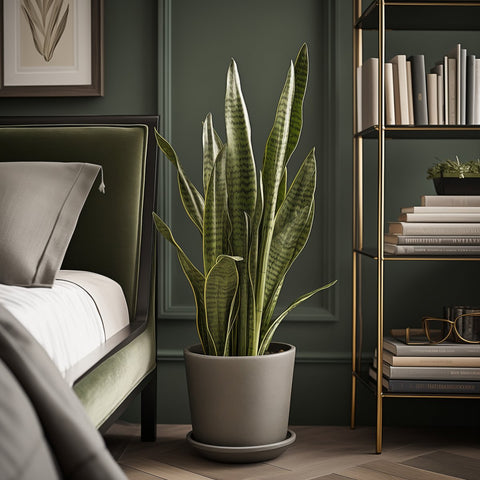
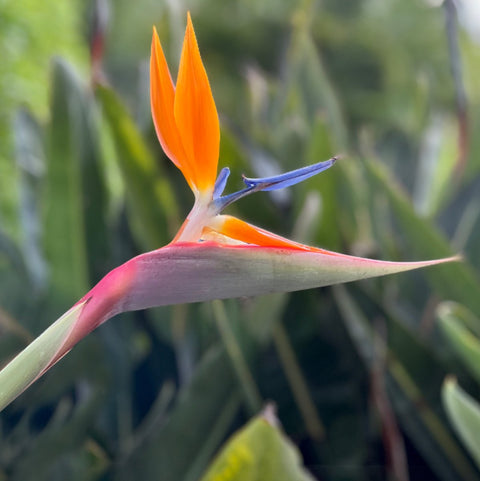
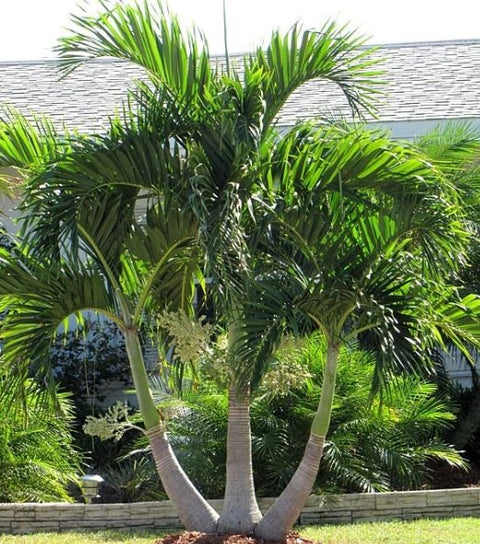
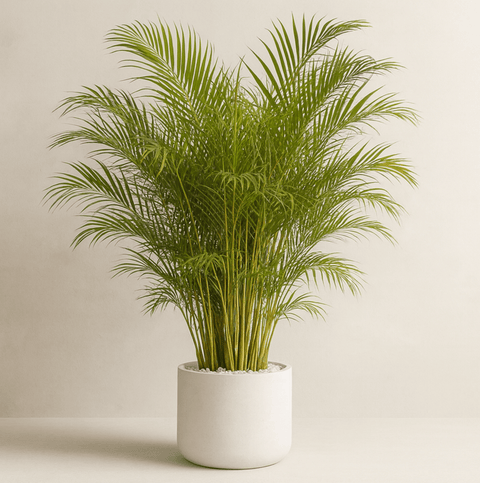






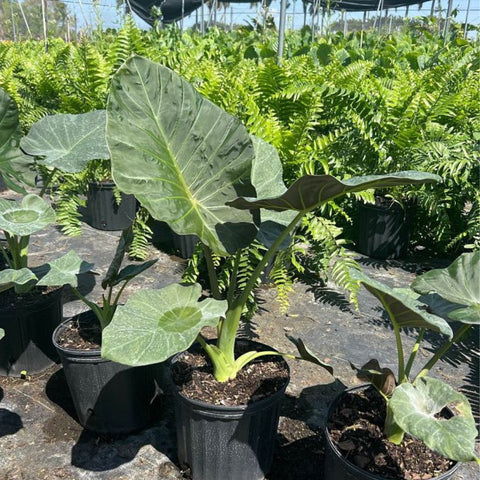
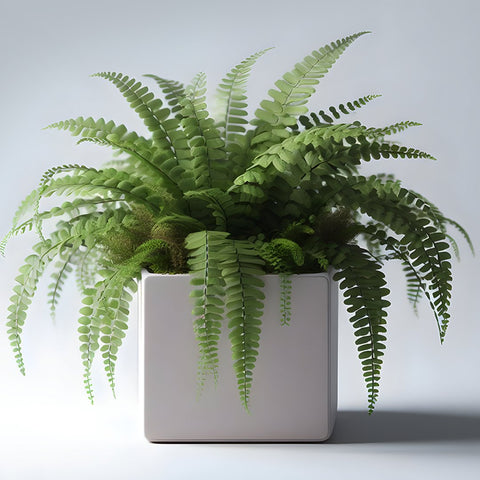
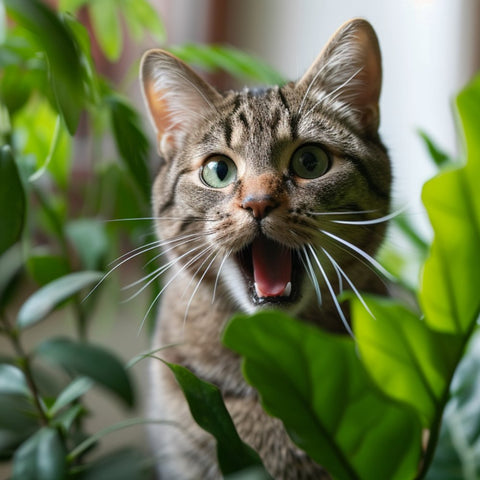
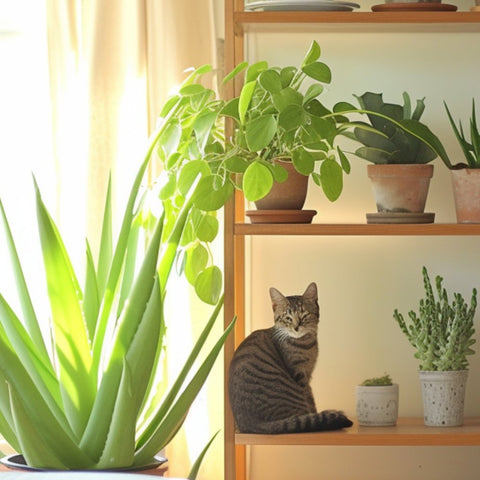

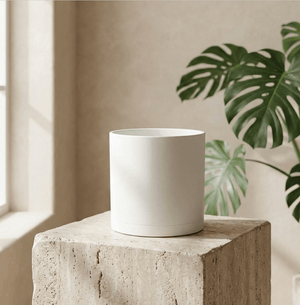
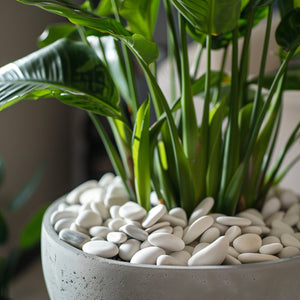
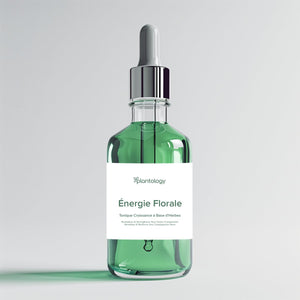
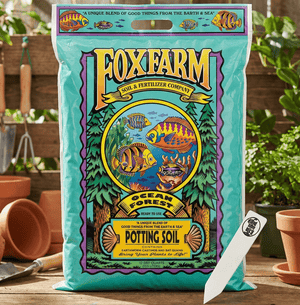

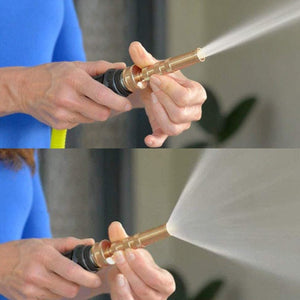


Comments (0)
There are no comments for this article. Be the first one to leave a message!